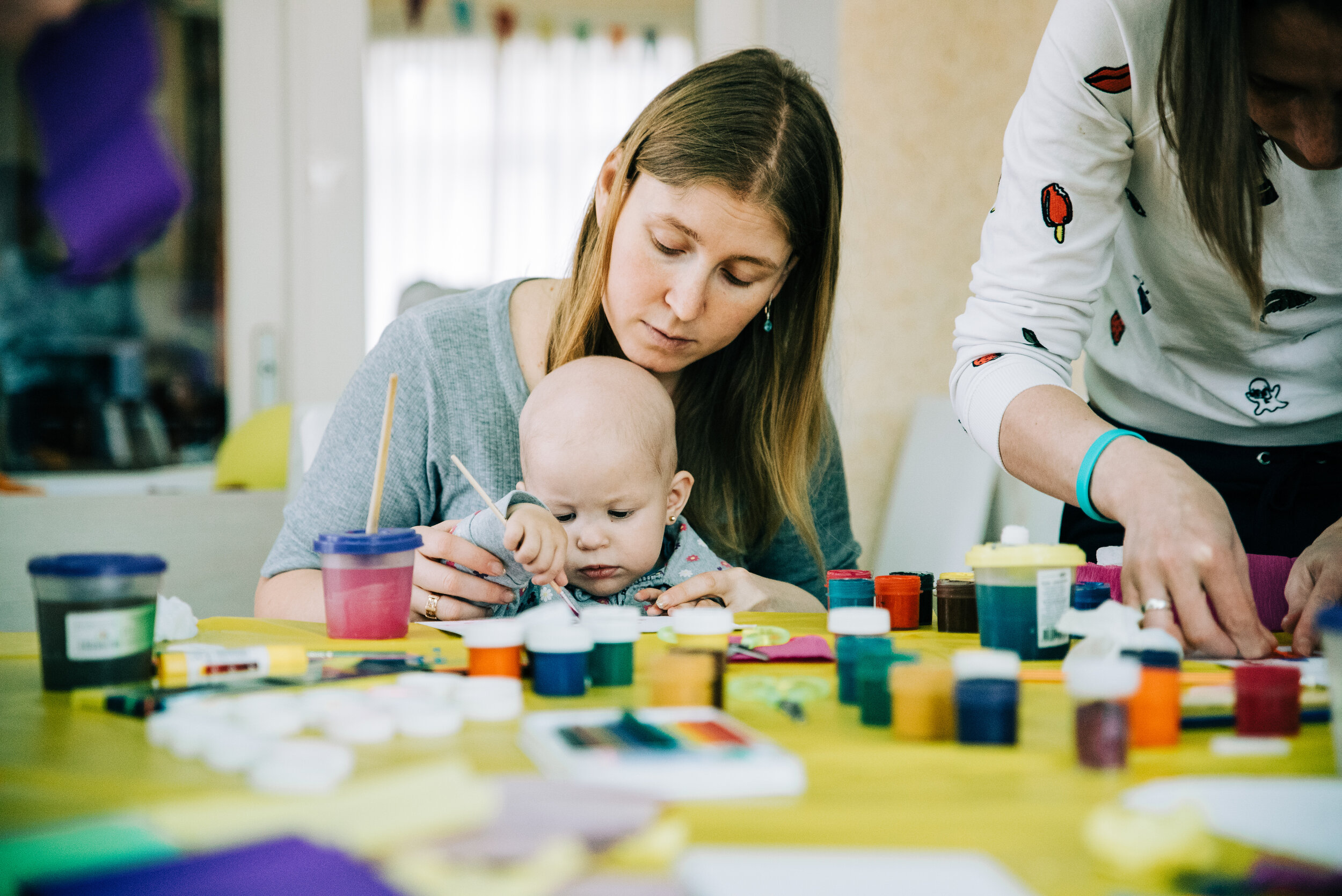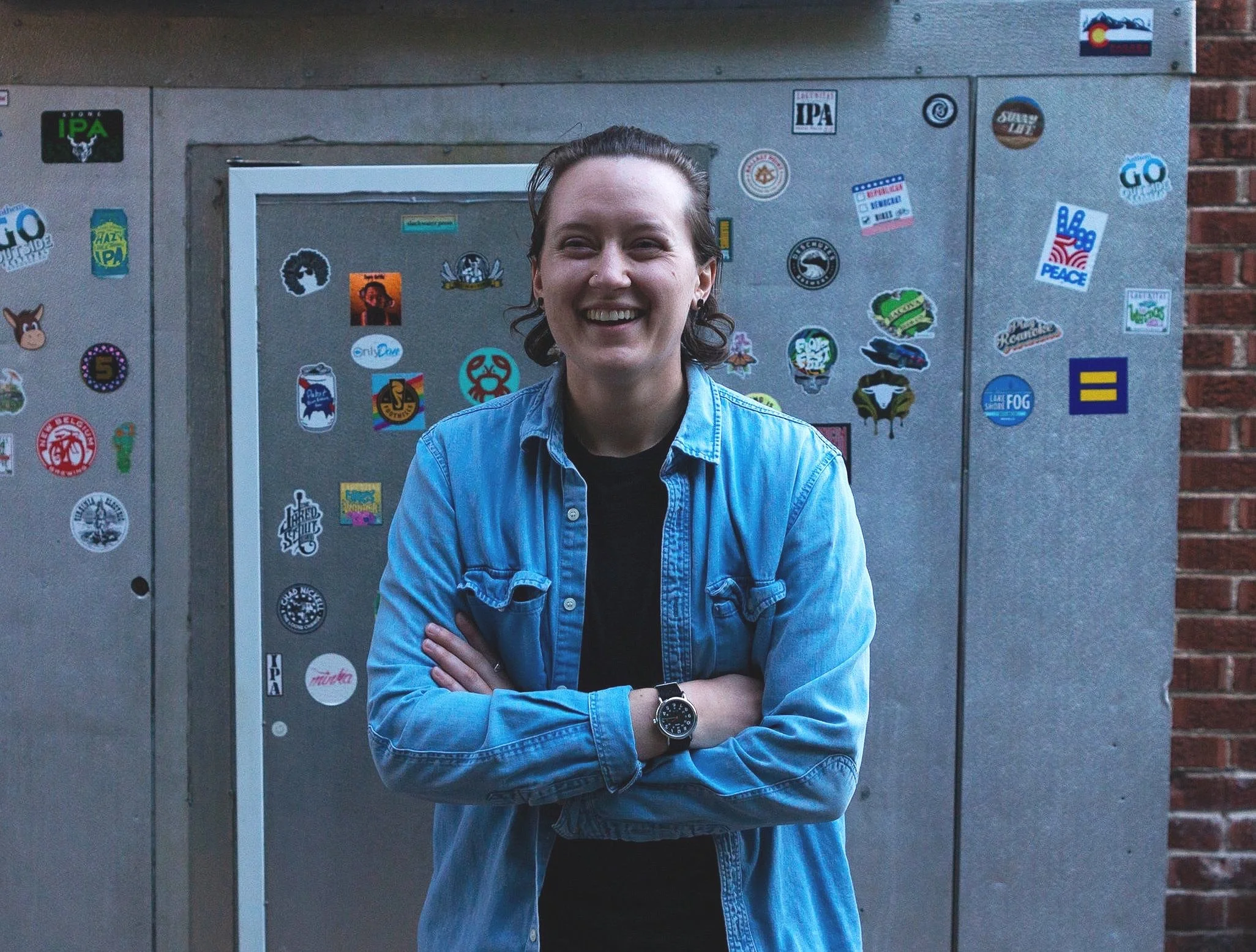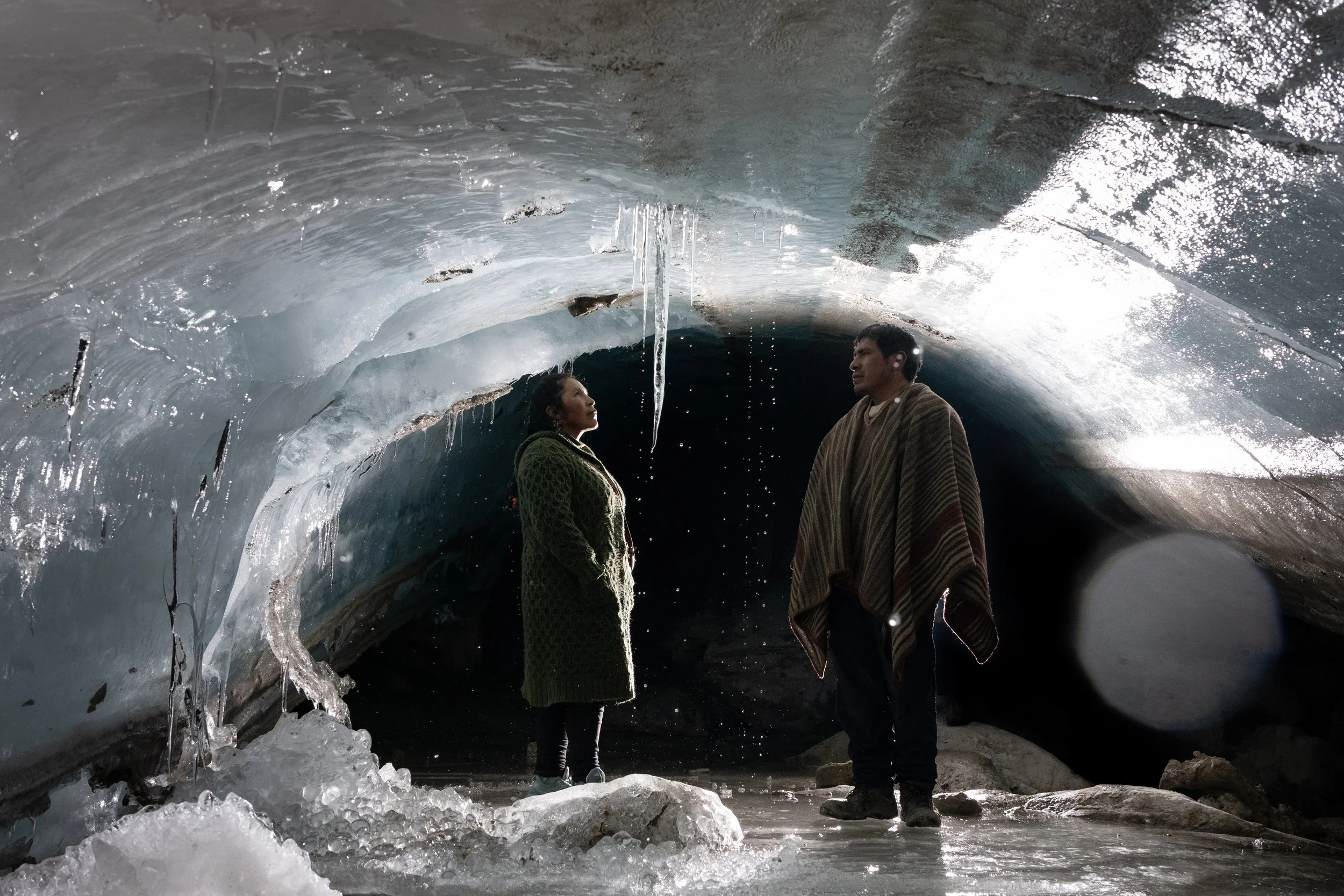Word and Photos by Zoe Wittering
Following seventy-one years of Soviet rule, the independence of Ukraine has been met with political and economic instability. Coupled with the ongoing war in the country’s east end, the economy in Ukraine has, at best, stagnated. Utility bills have risen sharply, and according to the State Statistical Service of Ukraine, approximately 42.6 percent of households claim that they cannot afford essential goods.
In the centre of Kyiv, there are modern shopping centres and bars selling cocktails. While food and drinking water are plentiful, other basic needs, particularly access to health services and medicine, are often not met. Under the Ukrainian constitution, health care is decreed to be free of charge, but in reality, the State budget does not cover all necessary medications, treatment options and equipment. The mortality rate due to cancer in Ukraine is one of the highest in Europe, according to a study by the World Health Organization.
Survival rates for children with cancer in Ukraine are much less than in western Europe or the United States.
Photo by Zoe Wittering
Fourteen years ago, Natalia Onipko visited the National Institute of Cancer (NIC) located in Kyiv. While volunteering as a translator, she was able to see first-hand how stigma was hurting cancer patients in her country. Under Soviet rule, illness was not talked about, and even today, many feel that a cancer diagnosis means certain death, or that they could become infected if they came into contact with cancer patients.
Onipko continued to visit the pediatric department at the NIC, and eleven years ago founded Charitable Foundation Zaporuka, an NGO supporting children with cancer and neurological diseases, and their families. The organization began providing psychological support to children in the hospital and raised funds to pay for medicine, equipment, and treatments that weren’t available through government healthcare.
Photo by Zoe Wittering
Zaporuka has also supported the renovation of several hospital rooms and funds two physiotherapists who provide physical rehabilitation services, as there is no physiotherapy service provided by the State. Children with bone cancer receive essential treatment, but without proper rehabilitation therapy, they will live with permanent disabilities.
According to Onipko, facilities at the NIC have improved, particularly over the last couple of years. Government health care reforms have included more medications, allowing Zaporuka to adjust its budget in order to cover more equipment for physiotherapists and employ more psychologists to support the children and their families. There is still a dire shortage of staff, as less than 5 nurses support nearly 50 patients in the pediatric department.
Within the neurological hospital, conditions are even more stressful. Dr. Protsenko, the head neurosurgeon of the pediatric ward, has heard a lot about health care reforms proposed by the government but has yet to see any change in his department. His main wishes are that families are not billed for medication and that his department receives up-to-date operating equipment and better management; so that doctors can just be doctors. Currently, all hospital notes are still handwritten, with no electronic management or back up systems.
Photo by Zoe Wittering
A patient at the neurological hospital, 12-year-old Andrei had been in the hospital since January 2019, when he received an operation to remove a brain tumour. After the surgery, Andrei needed antibiotics for two months, costing 1,300 hryvnias per day (about $50 USD). The combined income of his parents is just 14,000 hryvnias per month. His mother explained that without the help of Zaporuka, she would not have been able to pay for the medication.
In Ukraine, 90 percent of children with cancer and neurological diseases come to Kyiv for diagnosis. Many stay several months for treatment, often hundreds of kilometres away from their homes. Having spent time with the families at the hospitals, Onipko realized that the lengthy hospital stays were extremely hard for the children and their parents, both physically and emotionally, too often resulting in broken families.
Photo by Zoe Wittering
So, Zaporuka set up the Dacha Centre, a home for families who have to spend time in Kyiv while their child receives treatment (a dacha is typically a small second home or cottage outside the city). Today, the centre is at the heart of Zaporuka’s work. This single initiative has brought the greatest benefit to the highest number of families, according to Onipko. More than just a place to sleep, the centre provides families with support, and space for children to play.
Many families in Ukraine cannot afford the cost of a prolonged stay in Kyiv, so without the support of Zaporuka, many have no choice but to delay treatment. Yulia is one of the mothers at the dacha, whose daughter is currently fighting kidney cancer. When she realized she would have to spend eight months in Kyiv while her daughter received treatment, she was overcome with panic. “To rent a simple place to stay in Kyiv costs more than my husband earns each month,” she said.
Photo by Zoe Wittering
The Dacha Centre can currently accommodate six families, but Zaporuka cannot keep up with the number of applicants. Additionally, due to persisting cultural stigmas around cancer, the organization is always at risk of eviction. When the owners of the first dacha house found out that children with cancer were living there, the organization was forced to relocate. Onipko said the landlord “didn’t want cancer in her walls,” so she hopes to build a new dacha which will be able to accommodate 15 families as well as additional offices for psychologists and physiotherapy.
Photo by Zoe Wittering
“It’s my dream,” said Onipko, “to build the new dacha, and help all children suffering from cancer and neurological diseases in Ukraine to have access to the medicines and treatment that they need.”
Click here to learn more about Zaporuka and support their new Dacha project.
This article was first published in PWB Magazine #13, on sale now!

















